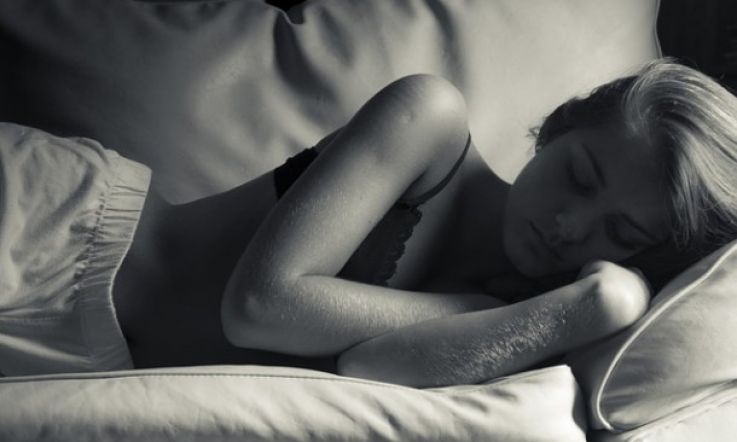Sleeping Myths Uncovered: Do We Really Need 8 Hours?

It's Monday morning and I bet there are sleepy heads out there. Did you have a lie in over the weekend and then ended up wide awake last night, making all kinds of deals with the gods if they would just let you drift off to the land of nod?
We all have theories about how to get a good night's sleep. But there are lots of myths out there - from the number of hours we need to the best way to get good quality sleep, there is probably an app for that. So let's get a few things straight.
- Do I really need 8 hours sleep?
While we all know that sleep is essential, there are those of us who tend to panic over the notion that we must get eight hours of continuous deep sleep per night in order to function at our best.
In an article for the Psychiatric Times, Walter Brown writes:
The general public seems to regard seven-to-eight hours of unbroken sleep as a birthright; anything less means that something is awry. Sleep specialists share this assumption.
Going without sleep is obviously a no no for anyone, but is this eight hour idea absolute gospel? Not likely, especially when you consider how all of our bodily functions differ from person to person. I, for example, find it very difficult to sleep during the day, in fact if I do manage to fall asleep, I’ll wake up feeling terrible, but I could sleep for ten hours straight through the night and feel fine, whereas someone else will benefit hugely from day time power naps.
Advertisement
What matters here, is that you create a pattern that works for you.
As per Psychology Today:
the insistence that "monophasic" sleep, with eight hours of continuous nightly rest, is the necessary way to refresh ourselves not only creates stress for people who are unable to achieve that goal, but ignores other common variations in sleep patterns, and historical precedent as well.
And don’t forget, the amount of sleep your body requires will vary as you get older.
- Is waking up in the middle of the night a bad thing?
Advertisement
There is a tendency in people to believe that waking up in the middle of the night means you are not getting adequate sleep. Again, this may be the case for one individual not but for another.
Something that will influence whether you wake up in the middle of the night will be your exposure to natural sunlight as the sunrises (get thick blinds) or electric light, if you’ve left on a light in the hall, for example. And of course, a troubled or busy mind will keep you tossing and turning too. The key here is not to stress about the fact that you’ve woken up. If you don’t fight it, you’ll find yourself nodding off again within the hour.
Biphasic sleep (which is something older people who find themselves waking up to go to the bathroom through the night experience) is just another type of sleeping pattern; if you’re still getting to sleep for a number of hours a time, you don’t need to worry about insomnia.
- Is there such a thing as sleeping too much?
Yes, sometimes too much of a good thing can be bad for you.
Advertisement
While sleep is key for healing and rejuvenation, if you find that you’re waking up feeling groggy and sluggish even after a marathon sleeping session in excess of nine or ten hours, then that’s because your body doesn’t really need it.
While this won’t do you any harm once in a while, there have been correlations drawn between too much sleep and negative health issues such as depression, so setting your alarm and getting out of bed before the sun is at its highest point in the sky (midday) is advised.
And there will be periods of your life where more sleep is required. Times of high stress or emotional suffering will sometimes increase your need for more periods of rest because your body and mind are quite literally worn out. Don’t beat yourself up about this. The key here is to obey your body and get to bed early rather than sleep in too late.
So we want to get a handle on the sleepy state of our Beaut.ies! Do you need a full eight hours a night? Are you a fan of the nap? Do you have a broken night's sleep in times of stress? Or is it those seagulls (sure, they're getting the blame for everything these days) that are responsible for your dark circles?
And if you have any tips for getting a good night's rest, please share!